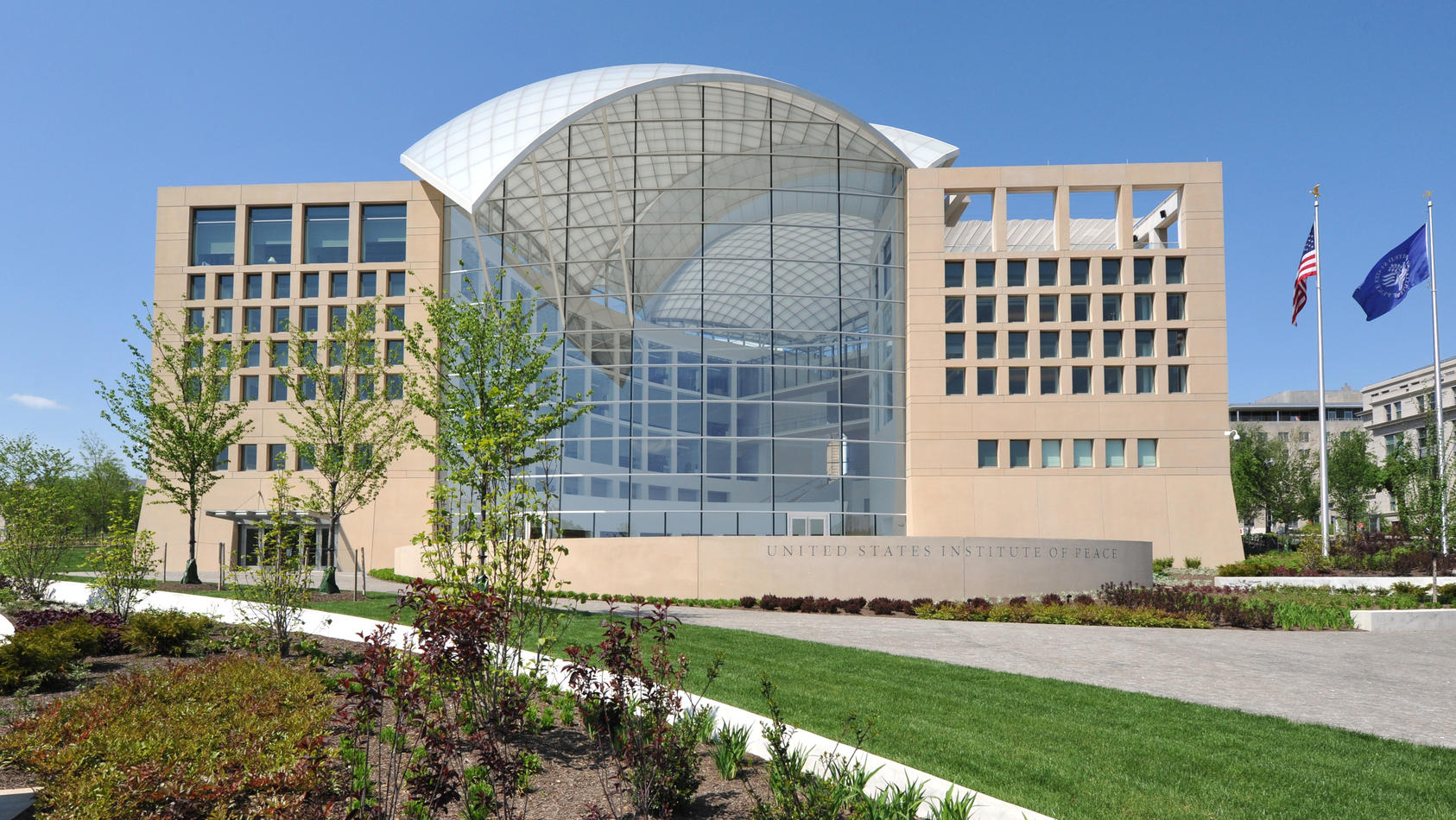Ambassador William Taylor, Vice President of USIP, Damon Wilson, President and CEO of the NED, and Natalia Arno, President of FRF, delivered opening remarks. Ambassador Taylor called for increased support for Ukraine as it defends itself from Russian aggression. Damon Wilson asserted, “The struggle for democracy is a struggle for personal dignity and agency that is open to all peoples – regardless of the current or historical state of political culture, the maturity of institutions, or degree of society’s openness. Soviet citizens then, and Russian citizens today, are capable and worthy of a democratic form of government reflecting the right of the people to freely determine their own destiny. During these times of imperial resurgence and autocratic consolidation, the work to support pro-democracy forces under threat is as important as ever. Russian civil society is innovative, well-networked, and tech–savvy, and most of all, extraordinarily resilient in the face of the escalating repression that has marked Putin’s twenty-five years in power.”
Natalia Arno extolled the resilience of Russian civil society despite growing repression: “In exile, despite all the challenges and often “a friendly fire,” Russian civil society and media organizations have been able to reinstate their work and remain a critical part of Russian societal fabric. We serve many functions that are unsustainable and dangerous inside now – organizing, informing, strategizing, raising a new generation of cadres and new competence, curbing Putin’s illicit operations and influence globally. We are getting ready for the change, despite many moments of demoralization. Getting more ready every day. Pro-democracy Russians can’t afford to not believe in democracy in Russia. We can’t give up— so that when we have the chance to make Russia a democracy, we will make the most of it.”
In her keynote speech, Evgenia Kara-Murza emphasized, “The only true guarantee of peace and stability on the European continent is a democratic Russia because, as President Reagan put it, “A people free to choose will always choose peace”. If Putin is allowed to destroy that vision of Russia, the free world will be left with no other options but this decrepit vile dictator. And Vladimir Putin understands this very well and throws the entire weight of the repressive machine against those rejecting his policies. If we want Russia to stop being a threat to itself and its neighbors, the vision of a democratic Russia should become the only acceptable alternative for us, Russian citizens, and for the international democratic community.”
Several Members of Congress attended the event, including Senator Sheldon Whitehouse (D-RI) and U.S. Representative Steve Cohen (D-TN).
The conference featured discussions on challenges Russian civil society faces, particularly in light of the ongoing war in Ukraine. Panels focused on sustaining the anti-war movement, with activists detailing their mobilization efforts and the integral role of grassroots organizations in maintaining opposition to the war. Discussions covered the adversities faced by Russian investigative journalists, who shared their experiences of operating under severe restrictions and their strategies for reporting truths despite risks of censorship and exile. Key topics included countering the Kremlin’s kleptocracy, with experts outlining methods for tracking illicit financial flows and assets of Russia’s political elites, aiming to expose corruption and leverage sanctions and public registries. The preservation of academic freedom outside of Russia was also discussed, with exiled academics exploring ways to continue independent research and education free from political interference. The panels highlighted the innovative and collaborative strategies employed by Russian civil society, such as utilizing digital tools to circumvent information blocks within Russia, employing legal strategies to challenge abuses on international platforms, and establishing supportive networks abroad. Each session underscored the commitment of Russian civil society to overcome these challenges through unity, innovation, and persistent advocacy for democratic values.
Several side events complemented the main conference on June 5 and 6. At the US Congress, briefings titled “Russia’s New War Economy: A Trump Card or Potemkin Village?” and “Russian Civil Society and Media in Exile: Driving Changes Inside Russia and Internationally” were hosted. The Atlantic Council held a panel discussion “Impact of Kremlin Policies on Russian Society and the Global Stage,” moderated by Ambassador John E. Herbst, featuring exiled Russian civil society leaders. Additionally, the International Republican Institute organized a roundtable “Big Tech and Countering Propaganda,” focusing on the interaction between technology firms and Russian civil society to strategize against propaganda and bolster democratic efforts.
The organizers of the Washington Dialogue hope that the momentum created by the event will continue advancing the international understanding and support for the Russian civil society as a critical factor to international security.


